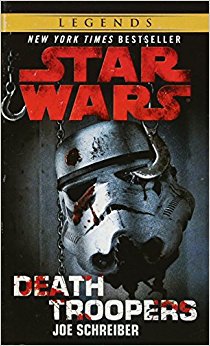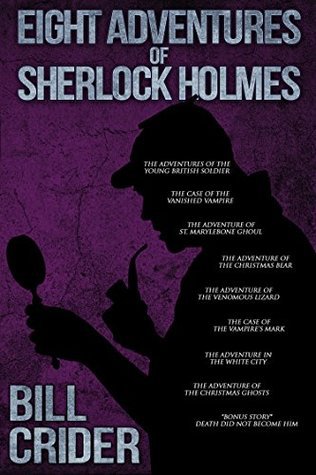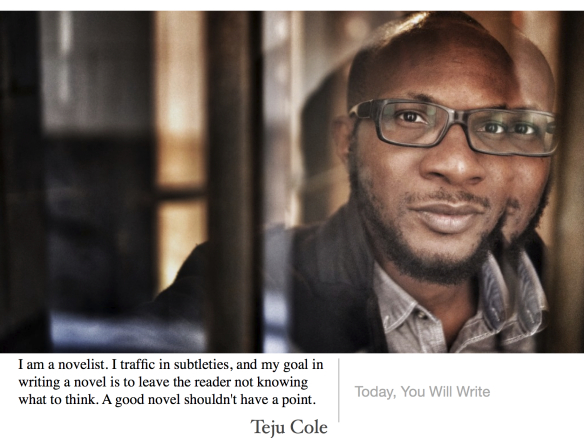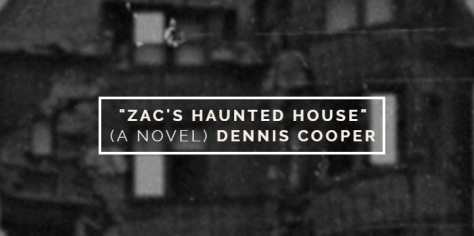
From Zac’s Haunted House by Dennis Cooper
Dennis Cooper has never shied away from what society deems obscene. He’s infamous for literary works that push the boundaries of imagination to the point of feeling guilty, as if the fiction actually makes you, the reader, complicit in some kind of heinous endeavor. But, as much as some of his work may make your stomach turn, it is just fiction. I remember, back in the spring, after I had devoured Cooper’s 1997 novel Guide, I scoured YouTube for some interviews with him. I desperately hoped to understand the psychology of someone who wrote pieces that were simultaneously repulsive and addictively well-penned. In one interview that I stumbled across, the interviewer asked Cooper about his “morbid curiosity.” Cooper responded, after denying that he had a morbid curiosity,
“People are afraid of their imaginations. It’s really weird. You know, people are really, really afraid to let themselves imagine things. They really think the border between the imagination and reality is really thin. And it’s not. It’s super, super tough.”This idea stuck with me, how our imaginations have the power to frighten us so much, despite there being no real danger or issue at hand. Our minds are so advanced that they play tricks on us constantly, without us even being privy to it. This was capitalized on in the early days of film, within the Soviet montage movement. Sergei Eisenstein, a Russian director and film theorist, contrived the concept of intellectual montage–that you can show an audience one image, and then another, to symbolize an action or metaphor, without anything actually being shown. For instance, I could show you a picture of a hammer swinging downward, and then, an image of a hand placed face-down on a table. You would, most likely, make the inference that the narrative I am illustrating has a hand that is smashed with a hammer. And, thus, you are horrified. But, I didn’t show you a hand being smashed by a hammer; you made that connection, all on your own. This was the brilliance of Eisenstein’s intellectual montage. And this is exactly the kind of psychological tool that Dennis Cooper is utilizing in his GIF novel, Zac’s Haunted House.
I’m still not entirely sure what the plot of Zac’s Haunted House is. Judging by context clues, it’s violent and disturbing. Still, the way that Cooper manipulates how we feel, or what we think, just by showing us a series of GIFs in a certain order, is fascinating. Of course, the GIFs follow his morbid authorial niche (though he would claim that it’s not morbid). Still, I don’t believe that these are random combinations of gratuitous and revolting images; there is a point to how they are ordered. After all, there are chapters, GIF groupings within chapters, and even a preface. Maybe Cooper is telling us a story through our own reactions to what we see, not what we see. I think that it would be impossible to argue for a “correct” interpretation or analysis of this “novel.” The fact that Cooper calls this piece a novel is another interesting choice. Google defines a novel as “a fictitious prose narrative of book length, typically representing character and action with some degree of realism.” I certainly don’t consider GIFs to be prose. Still, Cooper has a point he is trying to make, or has emotions he is trying to convey, just as much in Zac’s Haunted House as he did in Guide, which was an “actual” novel. I believe that Cooper is being rather tongue-in-cheek by calling this piece a “novel,” which only adds to the fun of pondering all of this (for me, anyways).
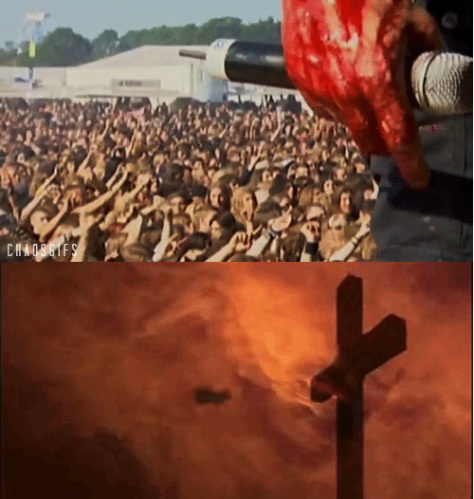
From Zac’s Haunted House by Dennis Cooper
Only the medium of digital literature would allow for a piece like this to exist. And, I think the way it exists, with us actually VISUALIZING disturbing GIFS, and our minds making connections and comprehending metaphors for us, is probably why everyone else I have spoken with about this work hates it. In a written Cooper work, you have to paint the picture of what is taking place in your mind; your psyche is your own stage to set. But, with this commanding of digital literature, Cooper not only has the power to set his own stage–he also gets to manipulate how we set our stage, with the help of both explicit and implicit images. A virtual platform is an entirely new playground for the dark, morose literary prowess that resides in the mind of Dennis Cooper.
Advertisements Share this:
